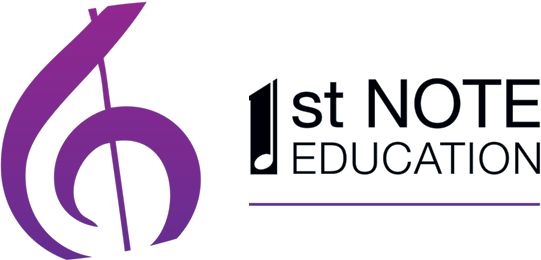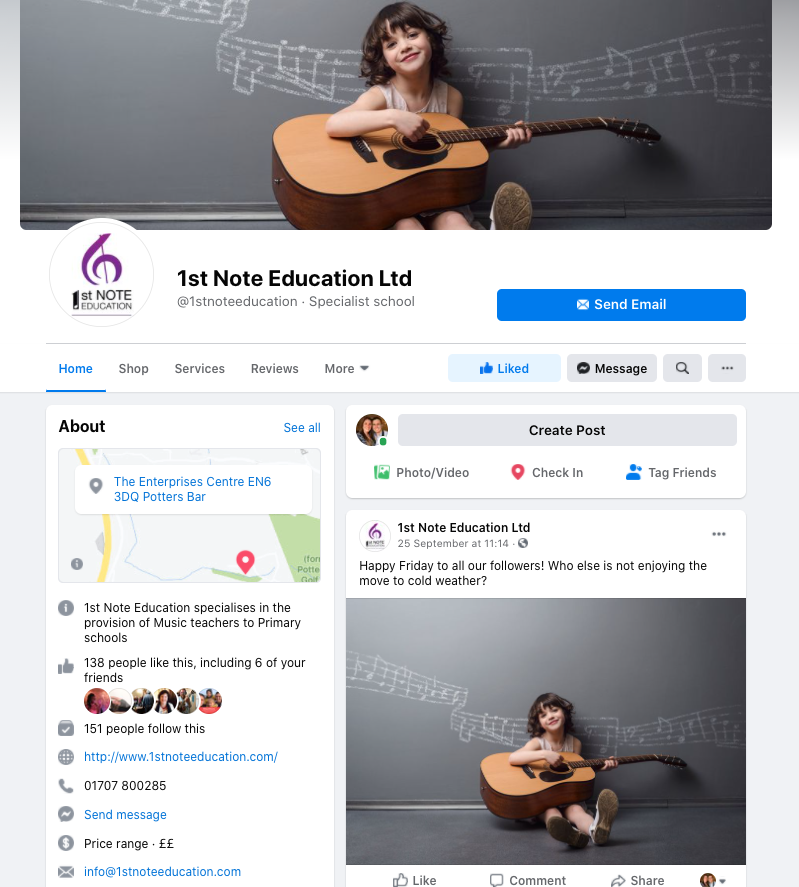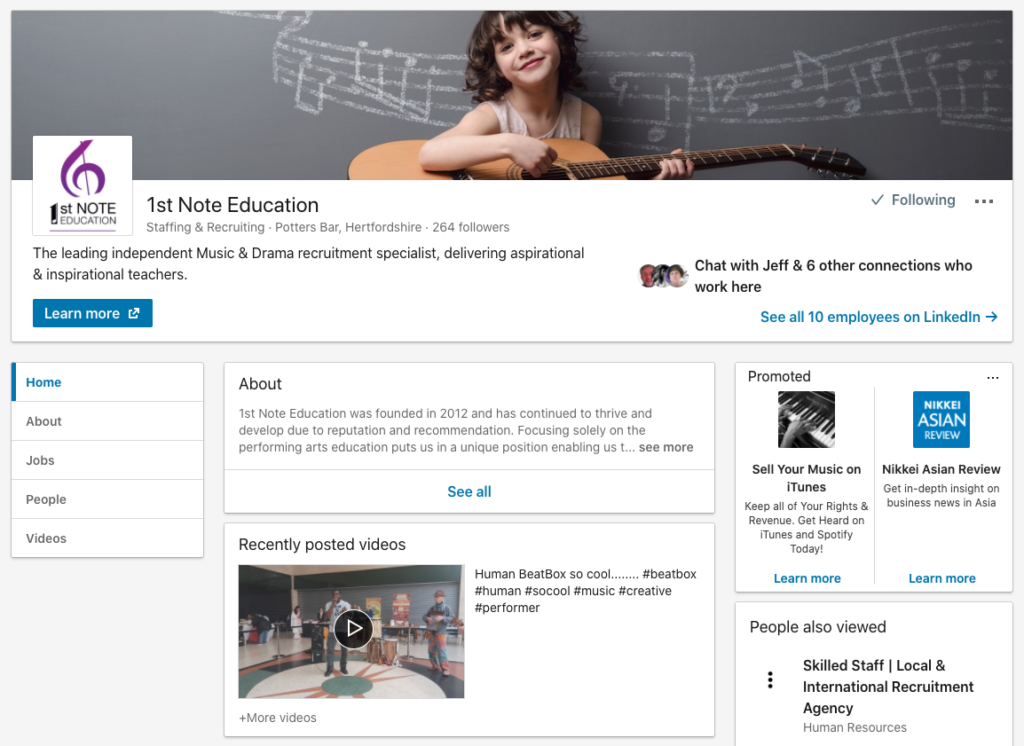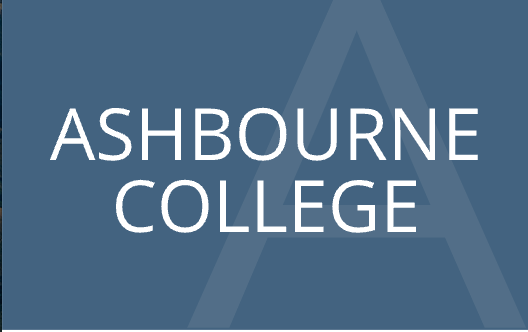Ever get the feeling you’re being watched? (Part 2)
Is telling another teacher how to teach a sin? (Class Observation)
After my weekly read of good old TES magazine, yet another article tops the headlines to spark the debate amongst teachers of whether or not observations are a good or bad thing. The view in the article leans towards teachers telling other teachers what to do and is regarded as being a sin. This leads to beg the question on what the correct approach is to monitoring teachers, NQTs, and the appropriate way to give advice on how to help them improve as a teacher. We all have ideas and concepts on what makes the perfect teacher, and it is these conflicting ideas that cause all of the controversy… even the British government cannot decide which is the best way to teach, hence, probably why they keep changing the national curriculum every five minutes. The teaching profession is never short of minds that want to revolutionise and change the world via their tiny little classrooms, and are always on hand to give their 10 pennies worth in opinions. Should it be a teacher’s choice whom they have observe them? In which case, you would be valuing one individual’s opinion greater than another. But surely it would be wise to gain lots of different perspectives, right? When I did my PGCE, I spent buckets of time watching teachers teach. Not just music teachers, but French teachers, English teachers, Maths, even form teachers teaching PSHE. I got to see many different styles of teaching and every teacher had their own style, with some teachers being more effective with classes than others. The difference with this was I was not there to pass judgement or tell the teacher how to do their job, but merely to pick up hints, tips, and ways to teach myself. There were times that I had to resist intervening in certain situations, as I was merely observing, and what qualified teacher needs a complete newbie interfering? I kept my head down out of politeness, and took notes, trying not to look like I was a verifier marking down every mistake. The fact is, is it is right to tell another teacher how to teach? Preference may fall with the teacher being observed, with some teachers wanting to know what they may be doing wrong in the classroom and some teachers feeling they don’t need to be told what to do by another teacher. As a learning curve, I agree that teachers do need to be observed and have feedback given, in order to improve their performance. If I was doing something wrong, or out of date, or ineffective in the classroom, I would definitely want to know about it, to up my game. You as an individual have the choice on whether or not you take another’s advice on board, with exceptions of pleasing higher authorities such as heads, Ofsted, and such like. What works for one teacher may not work for another, so it is about finding your own ground, and taking what you need from other ideas along the way. Just like my posts!!! I am not here to tell you how to teach, or to say what is right or wrong, but merely to offer advice and tips from personal experience, in a bid that it may help other teachers that read these columns. Whatever your views are on what makes a great teacher, let us not forget that the children are the main priority!
Here is the blog I found on TES that relates to this post…
Telling another teacher how to teach? It’s a sin, says leading academic
25th January 2016 at 18:39
It is a sin to observe other teachers’ lessons simply to tell them how to teach, according to one of education’s most influential researchers.
Professor John Hattie, director of the Melbourne Education Research Institute and one of the world’s most widely quoted education academics, told a conference today: “I think it’s a sin to go into a classroom and tell another teacher how to teach. Because all you do is tell them how to teach like you.”
He went on to say that 80 per cent of what happens in the classroom remains unseen and unheard by teachers – only the pupils are aware of it. “So why would I give a damn about reflective teaching?” he said. “I don’t want to think about the 20 per cent we see. I want to think about the 80 per cent that goes on that we don’t see.”
This, he says, is where testing comes in. The role of testing, he believes, is not to test pupils’ knowledge: it is to test whether teaching is effective.
“I should be learning something about what impact I had, who I had an impact on,” Professor Hattie said. “What I’ve taught well and what I haven’t taught well.
“Because tests don’t tell kids about how much they’ve learnt. Kids are very, very good at predicting how well they’ll do in a test.”
Professor Hattie was addressing hundreds of headteachers and academics at a conference in London today held to discuss his seminal work, Visible Learning.
During his keynote address, Professor Hattie insisted that, rather than telling one another how to teach, teachers needed to listen to each other. Just as pupils flourish in a culture where they are allowed to learn through mistakes, so do teachers.
“Foster that interdependence between staff, so it’s OK to say, ‘I’m struggling with these kids – can you help me?’” Professor Hattie said. “But I see staff sitting at the same table in the staffroom, working alone.
“It really is this notion of how you build this trust, both in the classroom and in the staffroom.”
https://www.tes.com/us/news/breaking-news/telling-another-teacher-how-teach-its-a-sin-says-leading-academic
Please feel free to comment









